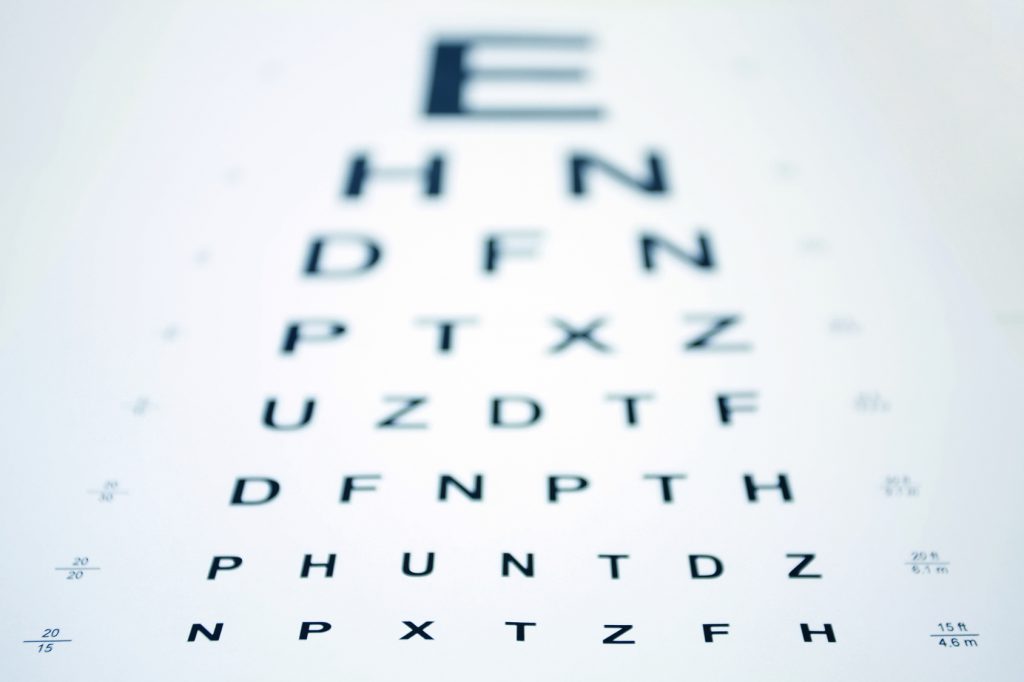If you have perfect vision, do you still need regular eye examinations?
Whether you were born with naturally 20/20 vision, or you had your vision corrected through a state-of-the-art procedure like LASIK surgery, there are many people out there who are lucky enough to see clearly without any assistance of glasses or contact lenses whatsoever. Unfortunately, the rest of us aren’t so lucky, and must schedule regular appointments with our eye doctor for health check-ups, prescription updates, contact refills, and any number of other common eye appointments.

Helps To Detect Diabetes
A comprehensive eye exam not only checks for age-related eye diseases, but it can also be one of the first detectors of diabetes. This is because one of the areas that eye doctors first look at in an eye exam is the retina. Diabetic retinopathy may involve a proliferation of abnormal blood vessels or an abnormal accumulation of fluid, resulting in vision loss and potentially blindness. Luckily, when caught early through an eye exam, this condition can typically receive treatment and can be controlled.
Diabetics should have a comprehensive eye exams, as they are also at risk for other eye problems. For example, people who have diabetes typically have a 40% higher risk of developing glaucoma.
Helps To Detect Glaucoma
Glaucoma is a condition where increased eye pressure causes damage to the optic nerve, resulting in permanent vision loss. It has often been caused “the sneak thief of sight,” as there are no symptoms of glaucoma! Once vision is lost, it is permanent, and cannot be restored. It is estimated that over 2.2 million Americans have glaucoma, but only half of them know they have it. (1) The key to glaucoma is early detection and prevention of visual loss. This can only be obtained through early detection in a yearly eye exam.
1) The Eye Diseases Prevalence Research Group, Arch Ophthalmol. 2004; Prevent Blindness America;